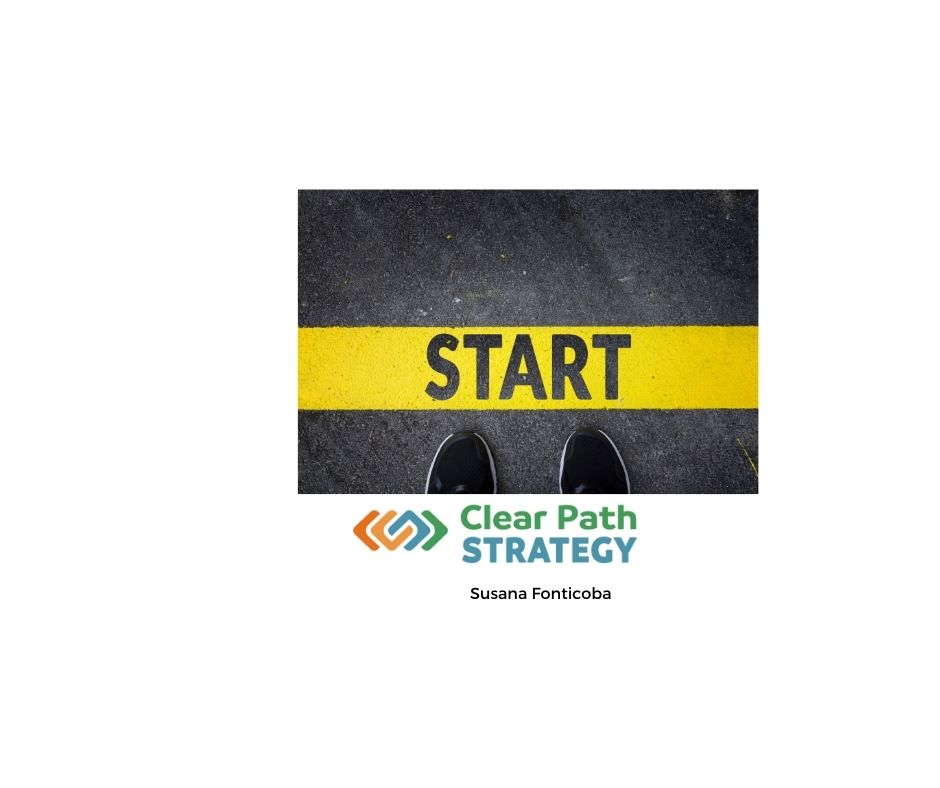Anyone can start a business, but ensuring it will be a successful, profitable venture is another story. Beyond the business plan and registration, domain name and insurance, here are some other critical pieces to the puzzle.
domain name and insurance, here are some other critical pieces to the puzzle.
- Risk Management Plan. Bad things happen to anyone, anywhere, but those who have a backup plan will survive and bounce back quicker than those who don’t. In one column, document all the things that can possibly occur. Include positives as well as negatives. In a 2nd column, gauge the probability of that event. And in a 3rd column, think of all the ways you could prepare for and mitigate that event. For example, if you’re opening a coffee shop, you’ll want to imagine what would happen if no one showed up. You’ll also want to imagine if hundreds of people showed up. What can you do to prevent or prepare for either scenario? For the “no one” scenario, one tactic would be to have a bunch of good friends play the role of customers and seat them by the window – voila, you have what appears to be a popular place to passers-by. In the “too many” scenario, friends could be called on to swoop in as employees to help serve your multitude of customers. Having a plan (and buy-in from those friends) will ease your mind greatly.
- Marketing Strategy. Without spending your whole budget on paid advertising, what is a manageable and sustainable way to get the word out about your business? What do you want your marketing to say about your brand, your product/service, the customer experience? Who is your preferred prospect and where do you need to be in order to attract them? If you love Facebook, but your target audience is typically in the 25-40 age group, you’ll have to embrace Instagram instead. Marketing only works if there is consistency. What can you commit to? Who do you need help from? I committed to blog every Tuesday and have charged my marketing admin to strong-arm me into giving her material in advance. Knowing I’m accountable to her makes me write 4 blog articles at a time, and hand them over at the beginning of the month. What can you do and who will hold you accountable?
- Supportive Community. Starting and running a business completely alone is like swimming upstream in the middle of a hurricane. A supportive community can appear in many forms – your family; your friends; a professional association, etc. It’s important that this community is full of real people you know in person. So no, a Facebook group of strangers will not be able to “be there” when you need them the most. Your support community are people who cheer you on, want you to win, and will jump in (one way or another) to give you information, advice, physical assistance or emotional support. For women business owners, unfortunately, I often hear, “my husband doesn’t think I can do this”. While that’s a challenge, it’s not a reason not to move forward if you have a community who believes you’re a rock star. Having a group of friends or relatives who can jump into your business to physically help when the going is rough can be a life-saver. Having a membership to a professional association of peers when you need business savvy and tactics can be a game-changer.

